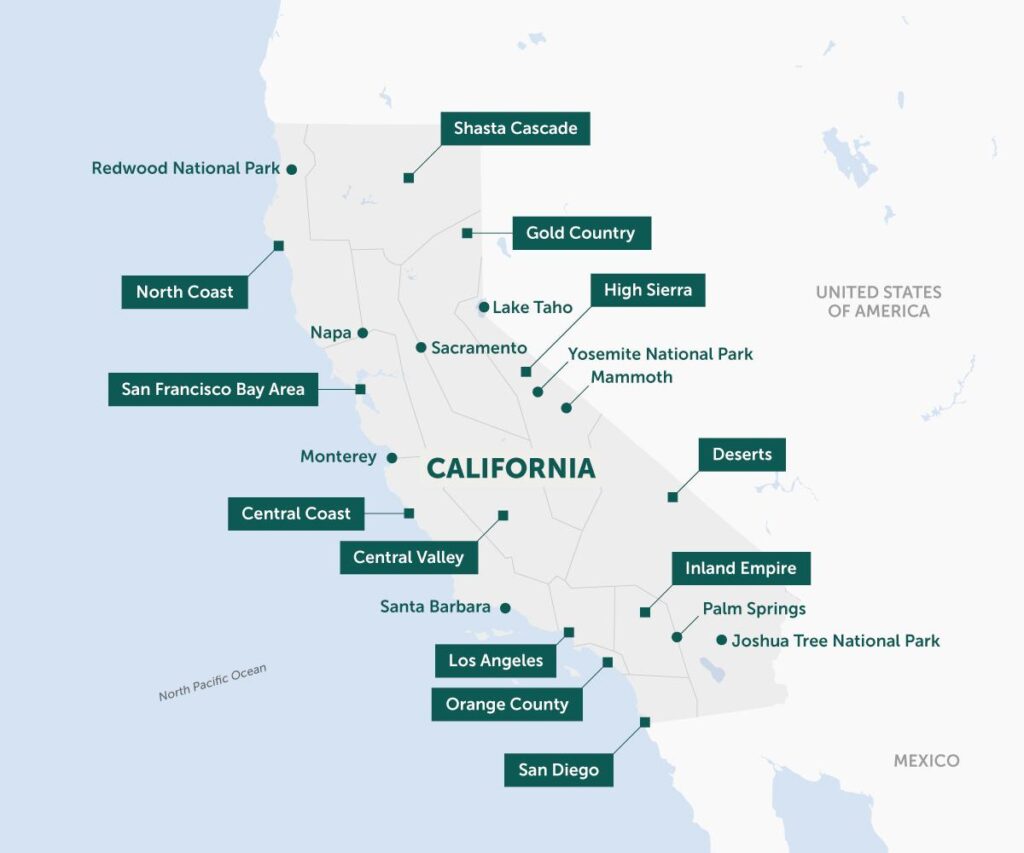California Attorney General has declared that daily fantasy sports contests operate illegally within the state, challenging the rapidly growing industry. In a statement released on Wednesday, the AG’s office asserted that popular platforms such as DraftKings and FanDuel do not comply with California’s gambling laws, marking a significant legal setback for daily fantasy operators and their millions of users in the state. This development adds to the ongoing nationwide debate over the legality and regulation of daily fantasy sports.
California Attorney General Declares Daily Fantasy Sports Illegal Under State Law
In a definitive move, California’s Attorney General has officially classified daily fantasy sports (DFS) as illegal under the state’s current gaming statutes. This interpretation stems from the notion that DFS contests constitute a form of gambling rather than a game of skill, thereby violating stringent state gaming laws. The ruling sends shockwaves through the burgeoning DFS market, particularly targeting operators who have long operated under a gray legal status. Industry stakeholders now face mounting pressure as regulators consider escalating enforcement actions, while participants are urged to exercise caution when engaging with DFS platforms within the state.
Key implications of this decision include:
- Potential shutdown or restriction of major DFS sites operating in California
- Legal uncertainty for players participating in daily fantasy leagues
- A call for legislative reform to clarify the legal status of fantasy sports betting
| Stakeholder | Impact |
|---|---|
| DFS Operators | Face potential fines and legal challenges |
| Players | Risk losing access to platforms and prize eligibility |
| State Regulators | Increased oversight responsibilities |
Impact on Fantasy Sports Operators and Ongoing Legal Challenges
The recent declaration by the California Attorney General has sent shockwaves through the fantasy sports industry, putting daily fantasy sports (DFS) operators under intense scrutiny. Companies that once thrived on California’s vast player base now face the prospect of hefty legal battles and potential shutdowns. This ruling challenges the foundational legality of daily fantasy games in the state, prompting operators to reassess their business models and compliance frameworks urgently. Many platforms have already begun suspending services for California residents to avoid regulatory repercussions while exploring pathways for legal clarity.
The ongoing legal complications have sparked several key challenges for operators, including:
- Increased regulatory expenses to navigate complex gambling laws.
- Uncertainty over state-specific licenses, delaying market entry or re-entry.
- Reduced consumer trust stemming from conflicting legal interpretations.
- Potential revenue losses due to the exclusion of a major market.
| Operator | Current Status | Legal Strategy |
|---|---|---|
| FanPlay | Paused California operations | Lobbying for legislative amendments |
| GridIron Fantasy | Limited player access | Challenging AG ruling in court |
| DraftBattle | Suspended California accounts | Legal consultation and compliance overhaul |
Consumer Protections and Risks Highlighted by Regulatory Authorities
Regulatory authorities in California have emphasized the necessity of stringent consumer safeguards in the daily fantasy sports (DFS) industry following the Attorney General’s declaration of illegality. The ruling spotlights concerns related to transparency, fair play, and protection against potential financial exploitation of participants. Consumers risk significant losses in platforms that may operate without adequate oversight, which increases the chance of unfair practices such as misleading odds or undisclosed house edges. To counteract these risks, regulators insist on clear disclosure of terms, robust age verification processes, and swift dispute resolution mechanisms.
Outlined below are key consumer protections and risks as highlighted by regulatory bodies:
- Protection Against Underage Participation: Mandatory age verification to prevent minors from engaging.
- Financial Security Measures: Ensuring player funds are segregated and secure.
- Transparency in Game Mechanics: Clear rules and payout structures to avoid misleading users.
- Risk of Addiction: Warning labels and consumer education to mitigate problem gambling tendencies.
| Consumer Concerns | Regulatory Recommendations |
|---|---|
| Lack of Transparency | Mandatory disclosure of odds and contest rules |
| Financial Mismanagement | Segregation of player deposits |
| Underage Access | Strict age verification protocols |
| Problem Gambling | Self-exclusion options and education |
Recommendations for Players Navigating the Legal Landscape in California
Players engaging in daily fantasy sports within California face a complex and shifting legal environment. It is essential for participants to exercise caution by thoroughly reviewing the terms of service of any daily fantasy platform and staying updated on official legal communications from the state authorities. Since the Attorney General’s recent declaration, users should consider verifying whether the platforms they use have explicitly adapted their operations to comply with California law or risk unintended violations.
To assist in navigating these challenges, players should:
- Confirm platform licensing and its legal status in California
- Document all transactions for potential evidence or clarity
- Avoid conducting large financial dealings until the regulatory situation stabilizes
- Follow updates from trusted legal or official state sources regularly
| Action | Reason | Recommended Frequency |
|---|---|---|
| Check platform legal status | Prevent possible legal complications | Monthly |
| Keep transaction records | Support user claims if questioned | Ongoing |
| Limit financial exposure | Minimize risk amid legal uncertainty | Until clear regulations |
| Follow official updates | Stay informed on rule changes | Weekly |
In Summary
As the legal battle over daily fantasy sports continues to unfold, California’s Attorney General has made it clear that, under current state law, these contests are deemed illegal. This stance not only impacts major operators like DraftKings and FanDuel but also raises broader questions about the regulation of emerging digital gaming platforms. Stakeholders and players alike will be watching closely as legislators and courts navigate the complex intersection of law, technology, and consumer protection in the coming months.




